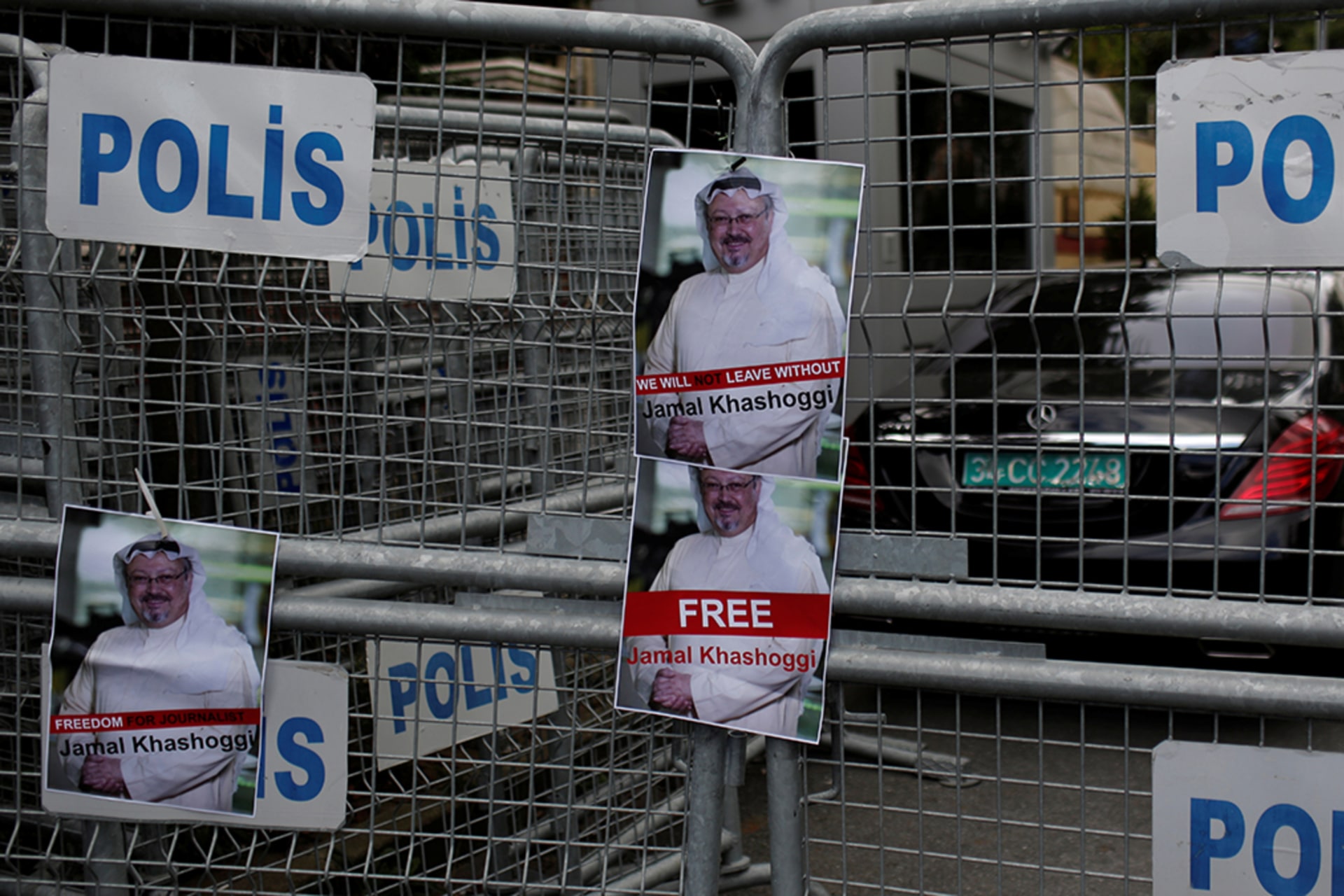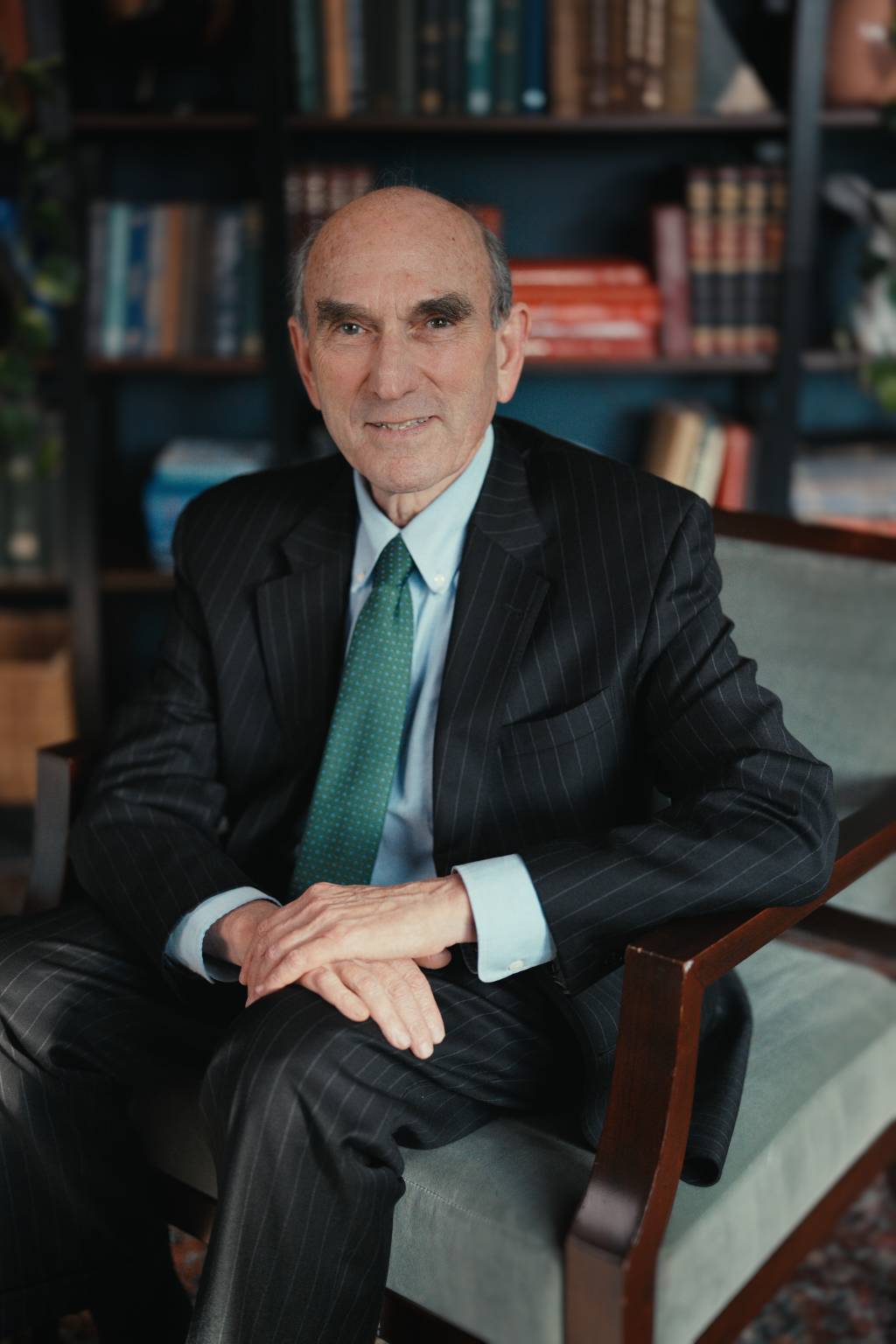Why Jamal Khashoggi’s Disappearance Will Haunt the Saudi Government
Unless the Saudi government speaks and acts quickly and honestly about the disappearance and reported killing of Saudi journalist Jamal Khashoggi, its own reputation will incur irreparable damage.
Originally published at Washington Post

The disappearance and reported killing of Saudi journalist Jamal Khashoggi will have many victims, starting with his family and his fiancee. But unless the Saudi government speaks and acts quickly and honestly about this terrible event, its own reputation will incur irreparable damage.
Since the emergence of the current government under Crown Prince Mohammed bin Salman, critics (including Khashoggi) have argued that its central characteristic and greatest flaw was despotism: one-man rule by the young crown prince. To this critique were added descriptions of his impulsiveness, inexperience and repression of any criticism of his approach to modernization.
Defenders of the new regime (including me) have argued in essence that MBS, as the crown prince is known, is in the traditional and positive sense of the term an “enlightened despot.” Though he was an absolute ruler, in this reading, he was one who used his power rationally to bring economic and social reforms, modernize his country and address the many developmental problems that hamper Saudi Arabia despite its wealth. He appears, for example, to have reined in the ultra-conservative clergy, has begun to improve the status and role of women, and has adopted plans aimed at creating a productive economy not dependent solely on oil production.
There has been no political reform. Internal critics have been harshly repressed, including women who urged a faster pace of change. Even this could be explained within the enlightened-despot model. The defense was that the modernization steps MBS is undertaking are radical and face many internal enemies, so gauging the right pace of change is a delicate and fateful decision. He must keep it in his hands and cannot permit public pressure either to go faster or to slow down. His detention of many very rich Saudis in the Riyadh Ritz-Carlton hotel until they paid ransoms was apparently fairly popular in the kingdom, because it was widely believed few of those men had gained their fortunes legitimately. Those ransoms were equivalent to the taxes they had never paid.
That has been the defense, and the accusation of impulsiveness had for a while little evidence to back it. Last year, most of the discussions about Saudi Arabia in which I participated questioned only whether the crown prince’s terrific reform program could really succeed. His highly successful two-week visit to the United States this year deepened the enthusiasm.
The alleged killing of Khashoggi is a death blow to all those hopes and expectations, unless the Saudis can somehow explain what happened and accept full responsibility. First, this is not the only recent event that raises questions about decision-making in Riyadh. This year, the planned initial public offering of shares in the state oil company Aramco appeared and disappeared like a desert mirage, suggesting that the crown prince’s economic plans may not have been realistic.
Second, the reported Khashoggi killing came just a few weeks after the bizarre Saudi overreaction to criticism from Canada, which took the form of a single tweet on human rights issues. Recalling their ambassador from Ottawa for a while would have been fitting if they wished to show anger. Instead, they brought him home permanently, expelled the Canadian ambassador in Riyadh, barred flights between the two countries, ordered Saudi students to leave Canada, and took several steps to diminish economic and financial relations with Canada. All that over a tweet.
And now comes the apparent murder, abroad, of a critic who had long been part of the Saudi establishment and was no revolutionary, no radical Islamist, no advocate of violence. I do not know Jamal Khashoggi well, but we had met and talked about the kingdom on several occasions. Any government that thinks it cannot survive his thoughtful criticism telegraphs to the world that it thinks itself shaky indeed.
When the revolutionary regime in France in 1804 executed the Duke d’Enghien, one commentator observed: “It’s worse than a crime, it’s a mistake.” Killing Khashoggi would be both: a great crime and a great mistake. It suggests either a regime without internal procedures and controls, or one in which an impulsive decision to kill a critic living in Washington cannot be contradicted or even questioned. The Saudis may not realize what a wide impact that conclusion will have on governments and on investors, but it will be profound. All Saudi decision-making will come into question, and the government’s reliability as a partner will be rendered uncertain.
MBS can repair some of the damage (though obviously not to Khashoggi’s loved ones) if he can bring himself to realize the error that has been committed. Saudi Arabia is and will remain for a very long time an absolute monarchy. What the crown prince must grasp is that his entire modernization program, indeed every defense of his own personal power, is undermined by what all the evidence suggests was a carefully planned murder. Jamal Khashoggi lost control of his fate when he entered the Saudi consulate in Istanbul. Mohammed bin Salman must act quickly to regain control of his own.
